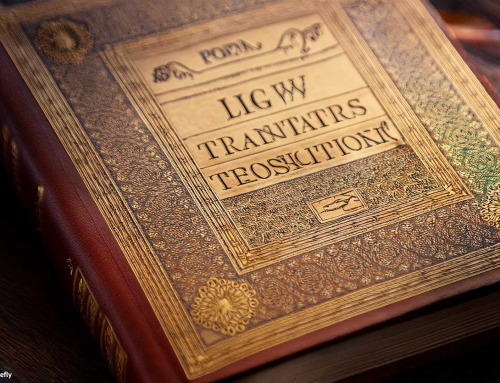Divorce proceedings in France
Under French law, couples wishing to divorce have four options for ending their marriage:
- Extrajudicial, mutual consent divorce with agreement on the consequences of divorce (divorce reform of 2017)
- Mutual consent divorce without agreement on the consequences of divorce
- Divorce on the grounds of irretrievable breakdown of the marriage
- Divorce on the grounds of fault
- Extrajudicial, mutual consent divorce with agreement on the consequences of divorce
Since January 1, 2017, divorce by mutual consent (divorce par consentement mutuel) can be obtained in France without going to court (“under private law”). If the spouses agree on all points, they jointly apply for divorce at the family court and sign a divorce agreement drawn up by a lawyer, which may also include the notarial division of their fixed assets and regulate the consequences of the divorce, i.e., the marital home, legal custody of and access to the children, maintenance, spousal support, and property consequences. At the hearing, the family court judge merely checks whether the spouses still agree with the divorce agreement. If this is the case, the divorce agreement is recognized by the court and the divorce is pronounced.
Out-of-court divorce by mutual consent without agreement on the consequences of divorce
In this type of divorce (divorce accepté), either both spouses file for divorce together or only one of them files for divorce, with the other spouse accepting the petition. Unlike the aforementioned divorce by mutual consent, the spouses agree that they want to divorce, but they do not agree on the consequences of the divorce, which must then be settled in court before the juge aux affaires familiales.
Divorce due to irretrievable breakdown of the marriage
Divorce on the grounds of irretrievable breakdown of the marriage (divorce pour altération définitive du lien conjugal) is requested by one of the spouses if, at the time of filing, the spouses have not been living together for at least two years and still intend to separate.
This type of divorce can also be granted if a petition for divorce on the grounds of fault has been dismissed; in this case, the two-year period is not relevant.
Divorce on the grounds of fault
Article 242 of the French Civil Code provides for divorce on the grounds of fault (divorce pour faute) in cases where one spouse proves to the court that the other spouse has seriously or repeatedly violated his or her marital obligations.
Here, the obligations associated with marriage are set out in Articles 212 to 215 of the French Civil Code:
- By entering into marriage, the spouses commit themselves to a lifelong partnership;
- They jointly ensure the moral and material orientation of the family and provide for the education of the children and their preparation for the future;
- They owe each other respect, loyalty, help, and support;
- They are obliged to contribute to the costs of running the household according to their respective means, unless otherwise stipulated in a marriage contract.
As a result, the following things are considered violations of marital obligations, for example:
- Adultery and infidelity
- Child neglect
- Moving out of the marital home




